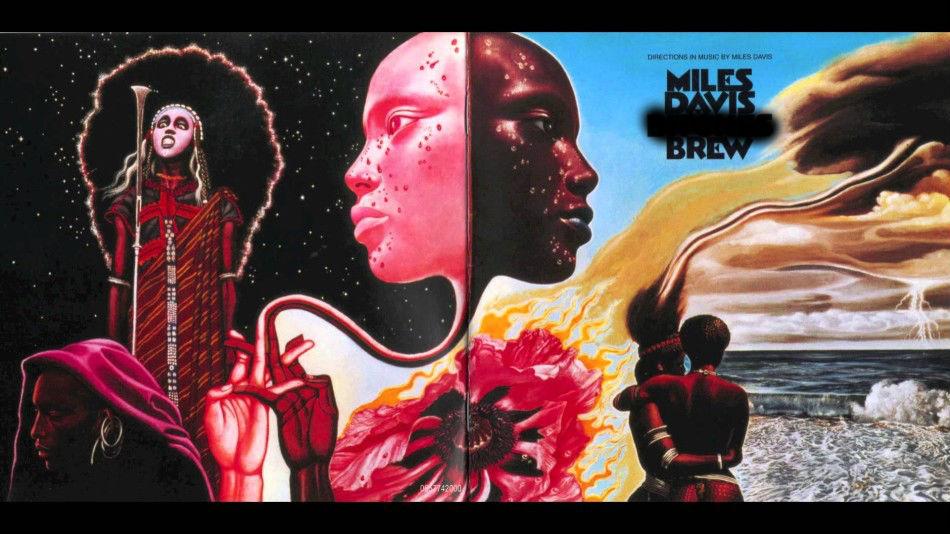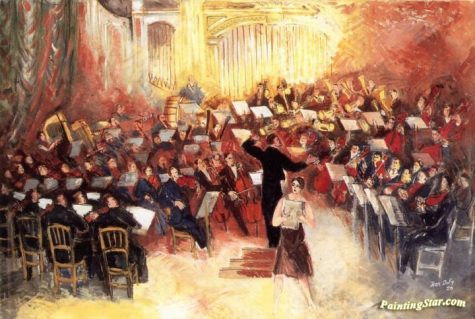B****** Brew Review
April 9, 2014
The vast majority of musicians are artistically trapped by the confines of their time–it takes a genius to break free from the mold they have been forced into their entire career. There have only been a few of these great musicians: Mozart, Beethoven, and Tchaikovsky to name a few. However, these prolific artists are not only dead white people, long since relegated to the monotonous pages of history books. Miles Davis, a black jazz trumpeter from Illinois, is widely regarded as one of the most important musicians in modern music. Davis spearheaded nearly every major development in twentieth-century jazz, and constantly reinvented what music could be with his daringly complex compositions–such as his 1970 jazz fusion masterpiece B****** Brew.
One of the reasons that B****** Brew was so revolutionary is because it was willing to completely abandon obvious structure, instead allowing the musicians to improvise with nearly complete freedom. Some of the songs may have a theme that is repeated throughout the piece, for example, the title track is centered around a short trumpet blast played by Davis; however, these themes are fleeting musical ideas, and are still not major components of the music. By giving his band so much freedom, Davis creates a chaotic and brooding atmosphere that is entirely unique and almost impossibly inaccessible. The album does offer the listener plenty of mid-paced passages to avoid entirely confusing the listener before the song ends, such as the album’s opening track Pharaoh’s Dance. Ultimately though, these sections only serve to further the thematic ambiguity of the album, as they are almost always left musically unresolved.
Jazz is the foundation of modern music, yet it has been turned into elevator music in today’s society. Nearly every band that uses electric instruments owes something to B****** Brew, as it demonstrated the artistic capabilities of amplified instruments, and earned rock music widespread acceptance as a form of high art. B****** Brew also introduced the hard hitting rhythm section that would become a staple of rock bands to come–Davis employs an electric bass, double bass, and two or more drummers on every track to create either a sense of pulsating rhythm or instability to compliment the instrumentalists. Simply put, this is one of the most important albums ever recorded. Music enthusiasts should be required to listen to this album, although they may not understand it after one listening, especially if they have never listened to jazz before. I would recommend listening to one of Davis’ earlier albums before diving into B****** Brew to those unaccustomed to jazz music, both Kind of Blue, and his debut fusion album In a Silent Way are good albums to start with. Ultimately, B****** Brew is an hour-and-a-half long journey for music enthusiasts, and a confusing mess for anyone else.













